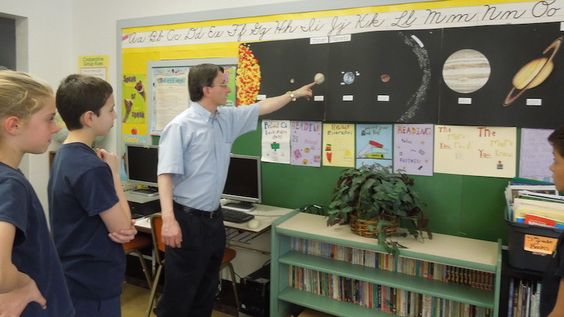1. Establish a Positive Classroom Environment
Creating a welcoming and positive classroom environment can make all the difference in students’ engagement, enthusiasm, and academic success. Over 30 years of teaching, I have learned that promoting a culture of respect, collaboration, and open communication fosters an ideal learning space for all.
2. Adapt to Diverse Learning Styles
Every student is unique and has different learning preferences. Over time, I’ve learned that adapting to various learning styles and using a mix of teaching methods helps engage each individual, promoting better understanding and retention of the material.
3. Develop Strong Relationships with Students
Developing strong relationships with your students is essential for an effective learning experience. Showing genuine interest in their lives, engaging with them outside the classroom, and providing personalized support can have a monumental impact on students’ motivation and self-esteem.
4. Set Clear Expectations
Setting clear expectations from day one ensures students understand what is required of them throughout the academic year. This helps prevent confusion or misunderstandings later on by establishing guidelines for behavior, academic performance, and communication between teachers and students.
5. Embrace Change and Technology
The education landscape constantly evolves with new philosophies, methodologies, and technological advancements. Embracing these changes helps teachers stay relevant in their field while also providing students with the most current educational tools to enhance their learning experience.
6. Maintain Professional Development
Learning as an educator is a lifelong process. By pursuing professional development opportunities such as conferences, workshops, and further education courses, teachers can continuously improve their skills and positively impact their students’ overall growth.
7. Encourage Student Independence
Encouraging student autonomy not only improves motivation but also prepares them for future challenges as independent learners. Once I began fostering self-directed learning by providing opportunities for my students to take responsibility for their education, they developed problem-solving skills, critical thinking abilities, and resilience that prepared them for success in the long run.





